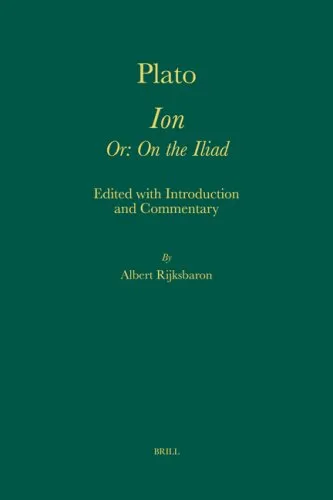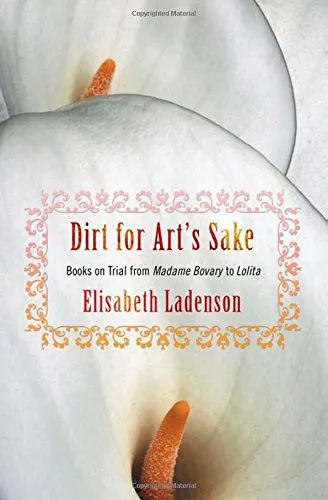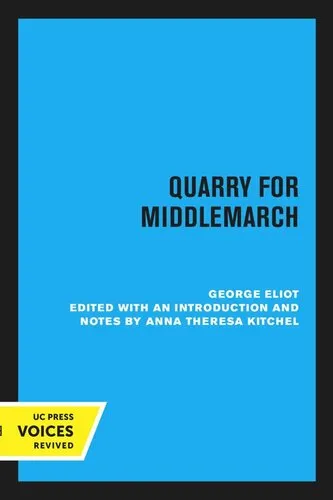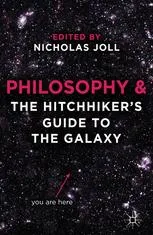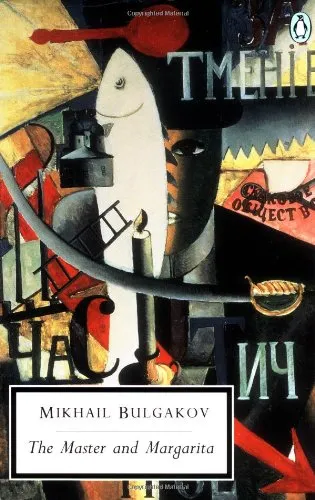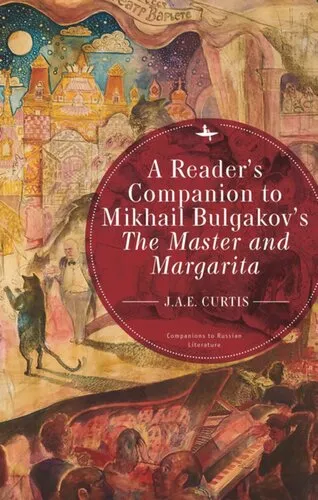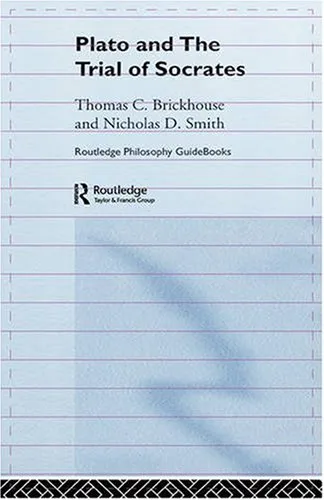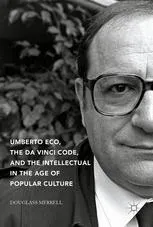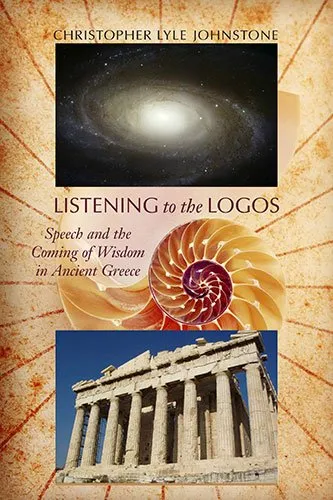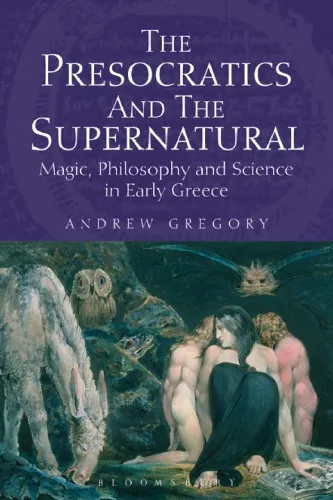Ion, Or: On the Iliad
3.6
Reviews from our users

You Can Ask your questions from this book's AI after Login
Each download or ask from book AI costs 2 points. To earn more free points, please visit the Points Guide Page and complete some valuable actions.کتاب های مرتبط:
Persian Summary
Introduction to 'Ion, Or: On the Iliad'
Welcome to a profound exploration of one of Plato's timeless dialogues, 'Ion'—an insightful conversation that delves into topics such as artistic inspiration, the role of the divine in human creativity, and the nature of knowledge. Edited with meticulous care and insightful commentary by Albert Rijksbaron, this volume offers readers a unique window into the philosophical contours surrounding one of ancient Greece’s most esteemed poets, Homer.
Detailed Summary of the Book
Plato's 'Ion' centers around a dialogue between Socrates and Ion, a rhapsode celebrated for his ability to recite and interpret Homer's poetry, particularly the Iliad. As the conversation unfolds, Socrates questions Ion about the nature of his skill. Is it a result of genuine technical expertise and knowledge, or is it a divine inspiration, an art driven by the gods? The dialogue probes into whether artistic inspiration requires true understanding of the subject, or if it merely serves as a medium, akin to transmission from the divine.
The dialogue cleverly challenges Ion's claims of understanding Homer better than anyone else. Socrates' probing questions lead to the suggestion that Ion’s skill might be a form of divine madness—a term capturing the ancient Greek notion of inspiration, suggesting that the divine might grant humans extraordinary prowess in certain arts, such as poetry.
Key Takeaways
- Exploration of the distinction between knowledge and inspiration in the context of art and creativity.
- Insight into the Greek concept of divine interference and influence on human talent.
- Understanding the thematic intersections between the poetic content of the Iliad and philosophical discussions on artistry.
- Challenge of recognizing expertise—whether skills can be attributed purely to learned knowledge, or if there’s an external, divine catalyst.
Famous Quotes from the Book
"For that the reason why the spectator is robbed of his senses by the speaker is that there is a chain of dancers, and that for that same reason the poet draws us along, like what the magnetic stone does."
"Neither must we be surprised that your fine Augury and those forces of knowledge reveal them in strange ways to you."
Why This Book Matters
'Ion' remains an essential text for those studying classical philosophy and literature. It offers a unique confluence of literary criticism and philosophical inquiry, encouraging readers to ponder the origins and authenticity of artistic talent. For students of philosophy, the dialogue serves as an exemplary model of Socratic questioning, demonstrating how philosophical inquiry can unravel seemingly clear truths about skills and professions.
For literary scholars, 'Ion' provides a deeper understanding of ancient Greek cultural attitudes towards art and the divine. It regards creativity as not solely an individual’s skill, but as an enigmatic process, possibly influenced by greater forces. The dialogue between Ion and Socrates is a timeless exploration of human creativity that continues to resonate in discussions about art and inspiration today.
Free Direct Download
You Can Download this book after Login
Accessing books through legal platforms and public libraries not only supports the rights of authors and publishers but also contributes to the sustainability of reading culture. Before downloading, please take a moment to consider these options.
Find this book on other platforms:
WorldCat helps you find books in libraries worldwide.
See ratings, reviews, and discussions on Goodreads.
Find and buy rare or used books on AbeBooks.
1581
بازدید3.6
امتیاز0
نظر98%
رضایتReviews:
3.6
Based on 0 users review
Questions & Answers
Ask questions about this book or help others by answering
No questions yet. Be the first to ask!
